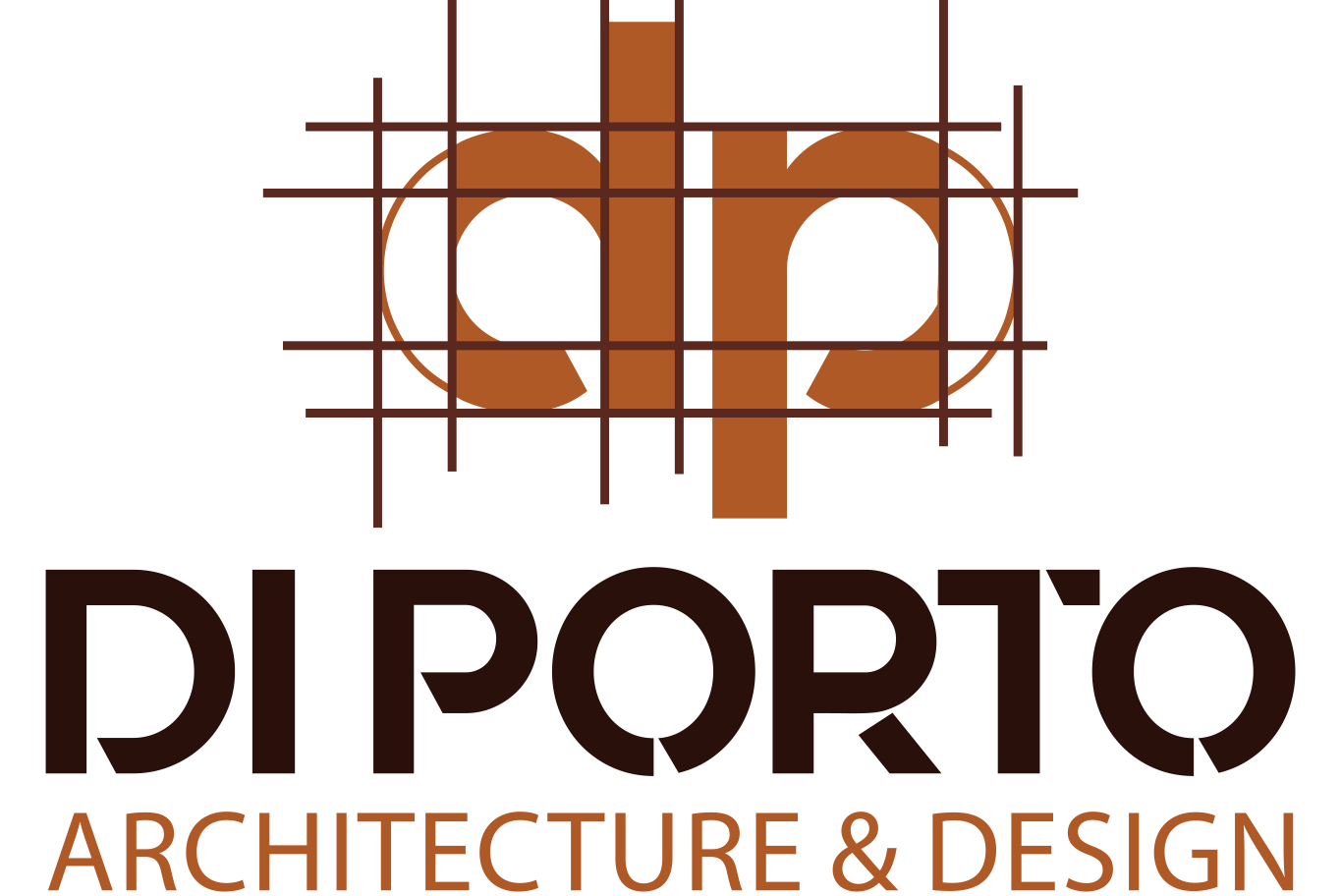Using virtual data rooms, companies are able to easily share information with other parties, including potential investors and venture capital companies. This type of interaction usually involves due diligence, which requires access to documents related to business from a different party to assess the possibility of investing.
VDRs are now a common way to share best practices for using virtual data rooms in document management confidential documents during M&A and intellectual property transactions and litigation. Private equity funds and hedge funds make use of them to share information and documents with their limited partners as well as portfolio companies.
Other industries also benefit from using a VDR for their sensitive documentation and collaborative processes. Life science (biotech/pharma) companies for instance, frequently require sharing confidential data with third parties in the formation of partnerships or raising capital, and they require an encrypted platform for that.
The benefits of a virtual data room for due diligence are lower upfront costs which could eliminate document photocopying and indexing and reduce travel expenses for those who need to analyze the data. Additionally, they allow companies to cast a broader area of potential buyers by making it easier for them to take part in the process from wherever they are, and they help facilitate better collaboration through the provision of a central hub for team members and partners to connect. Through integration with existing systems, VDRs also support real-time communication and could reduce the necessity for lengthy email exchanges.

Lascia un commento